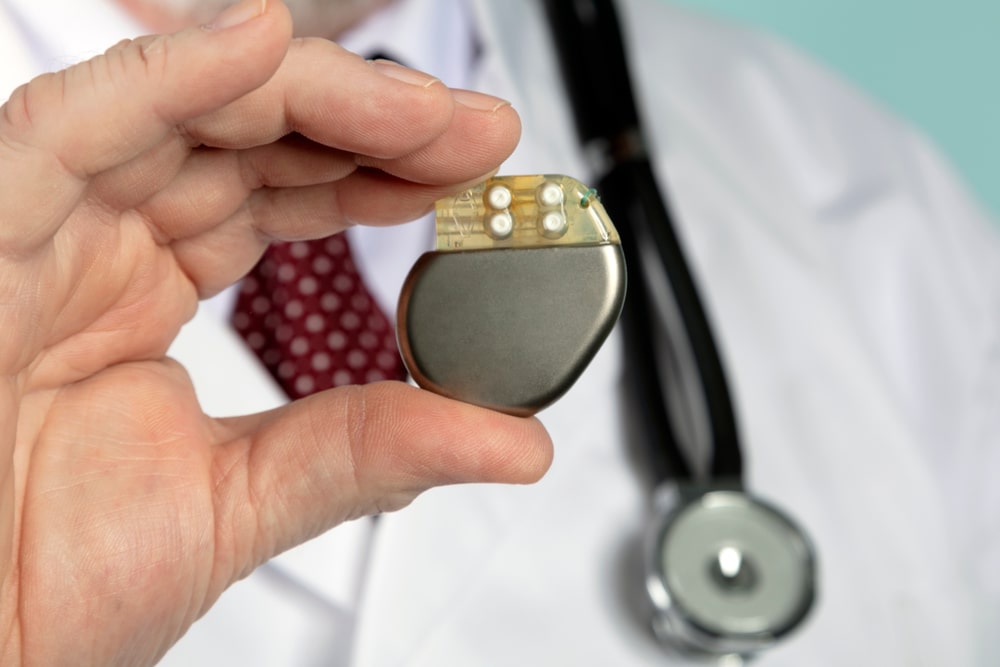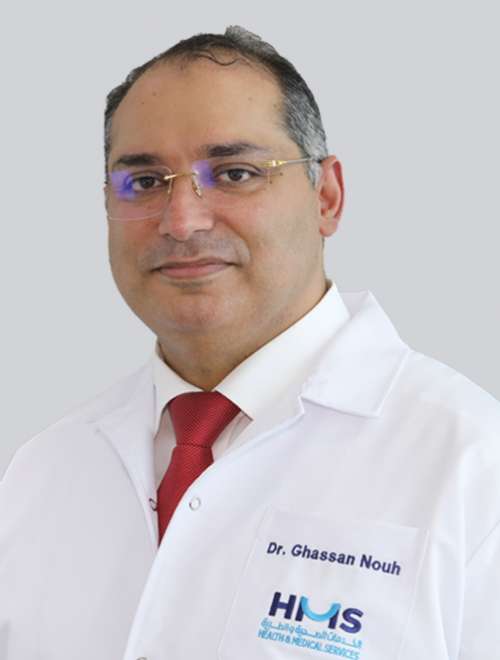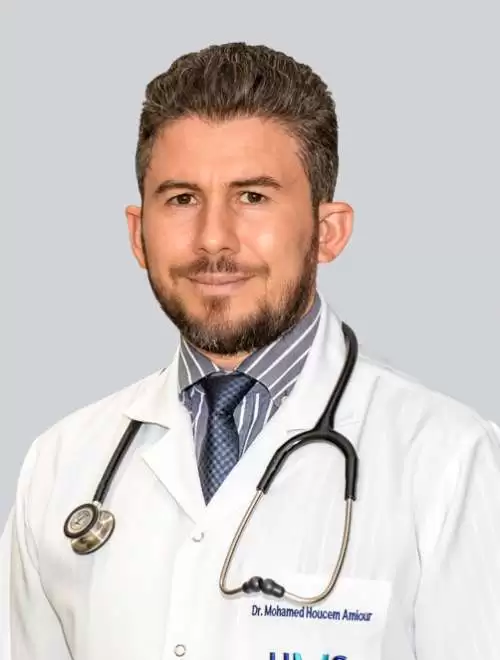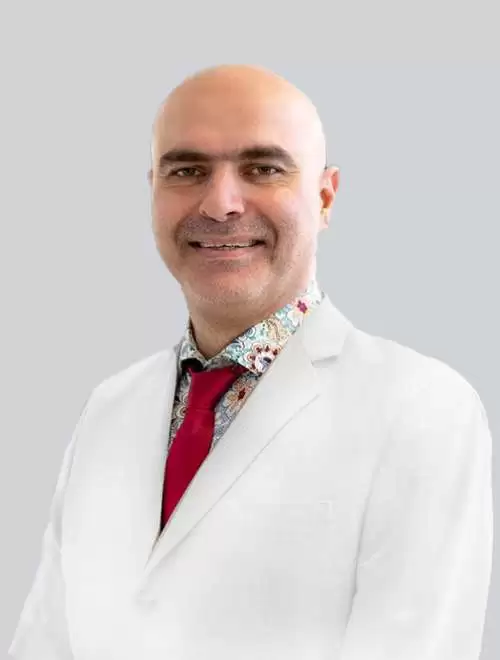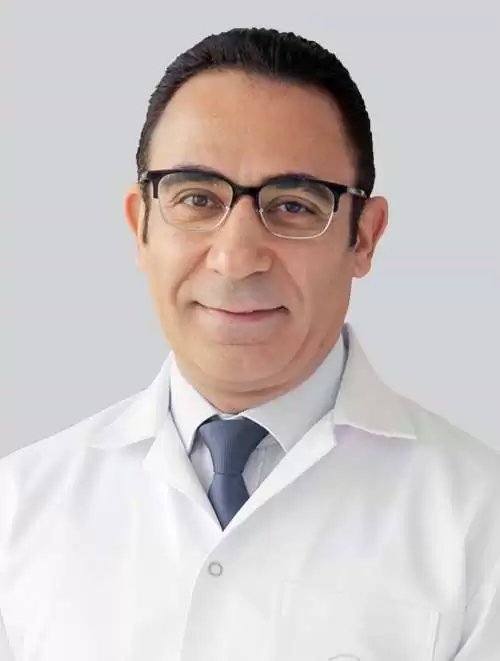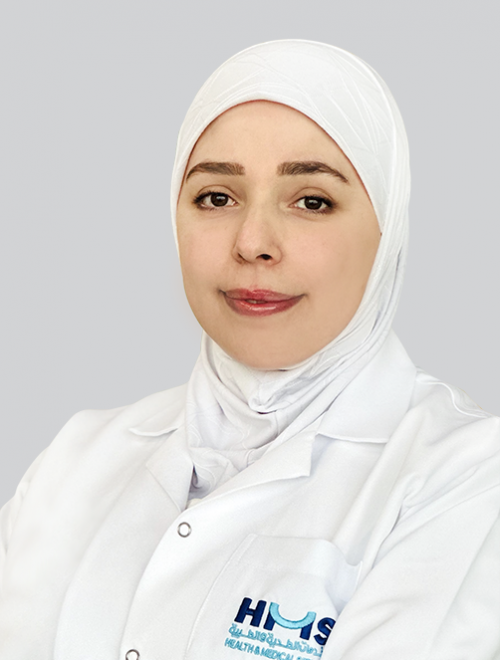Pacemakers
What is a Pacemaker?
A pacemaker is a medical device that delivers small electrical impulses to the heart muscle to ensure a proper heart rate or to stimulate the heart's lower chambers (ventricles). It is also used to prevent fainting spells (syncope) and to aid patients with congestive heart failure and hypertrophic cardiomyopathy.
Electrical System of the Heart
The heart's atria (upper chambers) and ventricles (lower chambers) work in unison, contracting and relaxing alternately to pump blood through the heart. This process is regulated by the heart's electrical system.
Normally, the electrical impulse initiates at the sinoatrial (SA) node in the right atrium. The electrical activity then spreads through the atrial walls, causing them to contract.
Subsequently, the electrical impulse moves to the atrioventricular (AV) node, situated between the atria and ventricles. The AV node acts as a gate, slowing the electrical signal before it enters the ventricles, allowing the atria to contract before the ventricles.
From the AV node, the impulse travels through the His-Purkinje network, a pathway of fibers that conduct electricity, reaching the muscular walls of the ventricles and causing them to contract. This sequence completes one heartbeat and repeats 60 to 100 times per minute.
Why Do I Need a Pacemaker?
Interruptions in the electrical pathway can lead to changes in heart rate and rhythm. A pacemaker helps restore a normal heart rate and rhythm.
Pacemakers are used to treat patients with bradyarrhythmias (slow heart rhythms) resulting from issues in the heart's conduction system (such as the SA node, AV node, or His-Purkinje network).
They are also used for patients with syncope (unexplained fainting spells), heart failure, and hypertrophic cardiomyopathy.
Is the Procedure Safe?
Implanting a pacemaker is generally a very safe procedure, although all invasive procedures carry some risk. Special precautions are taken to minimize these risks. Discuss with your doctor to understand the risks and benefits of the procedure fully.
